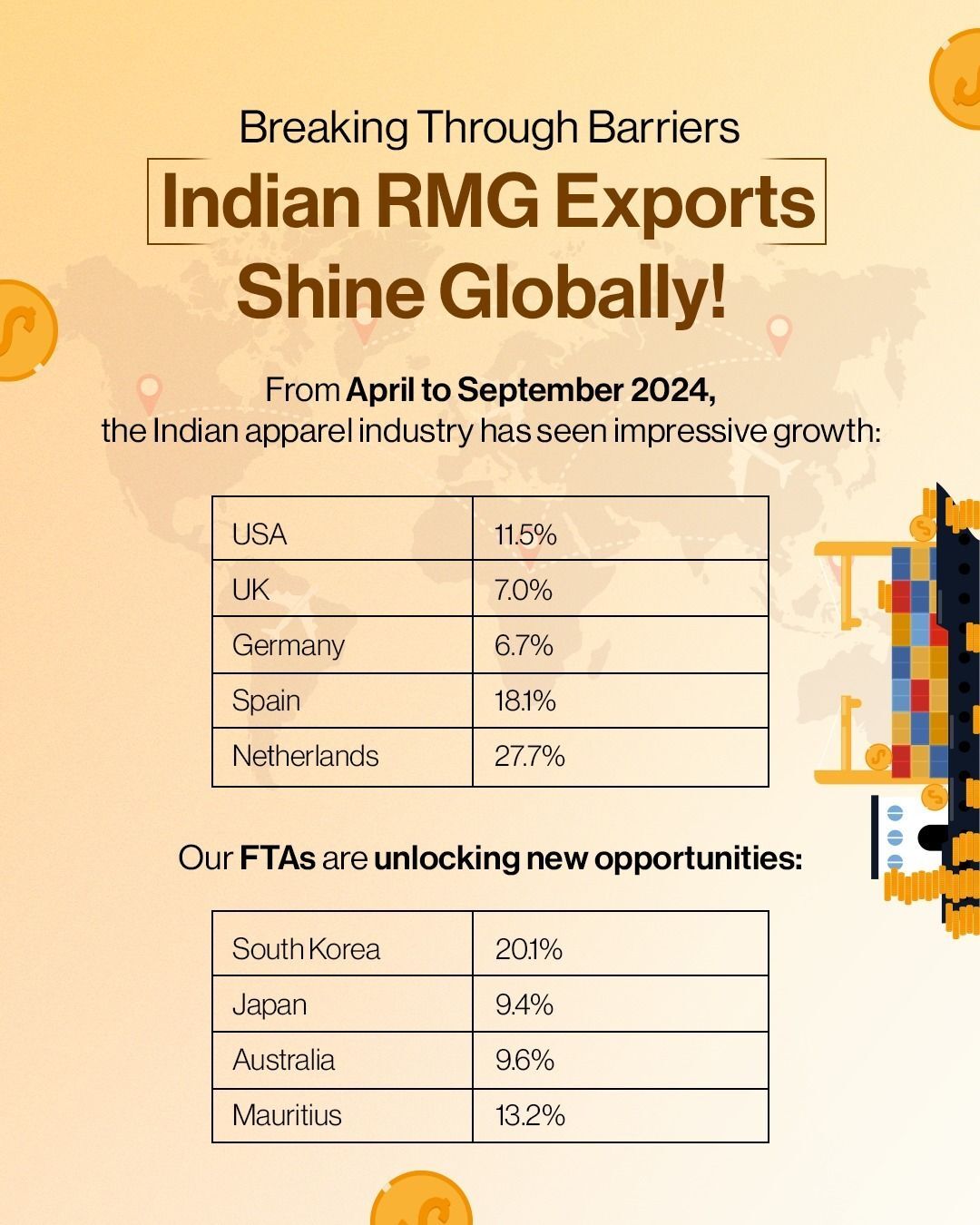The International Monetary Fund (IMF) has called on Pakistan to eliminate preferential treatment, tax exemptions, and other protections for its agriculture and textile sectors, which it claims have hindered economic growth for decades. In a recent staff report, the IMF highlighted these sectors' failure to contribute significantly to national revenue while consuming substantial public funds, contributing to inefficiencies.
As part of a $7 billion Extended Fund Facility (EFF), the IMF emphasized the need for Pakistan to abandon outdated economic practices to escape persistent boom-bust cycles. The report pointed out that over 40.5 per cent of the population now lives below the poverty line, largely due to stagnant economic conditions.
The IMF criticized the country's export basket, which is heavily reliant on agriculture and textilesparticularly cotton yarn and woven fabrics. This dependency limits diversification into more technologically advanced goods, as Pakistan ranked 85th in the Economic Complexity Index, a stagnant position since 2000.
Additionally, the IMF noted significant tariff barriers that stifle competitiveness and inhibit advanced manufacturing. The textile sector has notably benefitted from various subsidies and preferential tax treatments since 2007, resulting in the highest tax gap relative to its value added.
To improve economic conditions, the IMF urged the Pakistani government to simplify trade policies in the upcoming National Tariff Policy (2025-29) and discontinue export subsidies and local content requirements, which may lead to misallocation of resources and violate international trade obligations.












